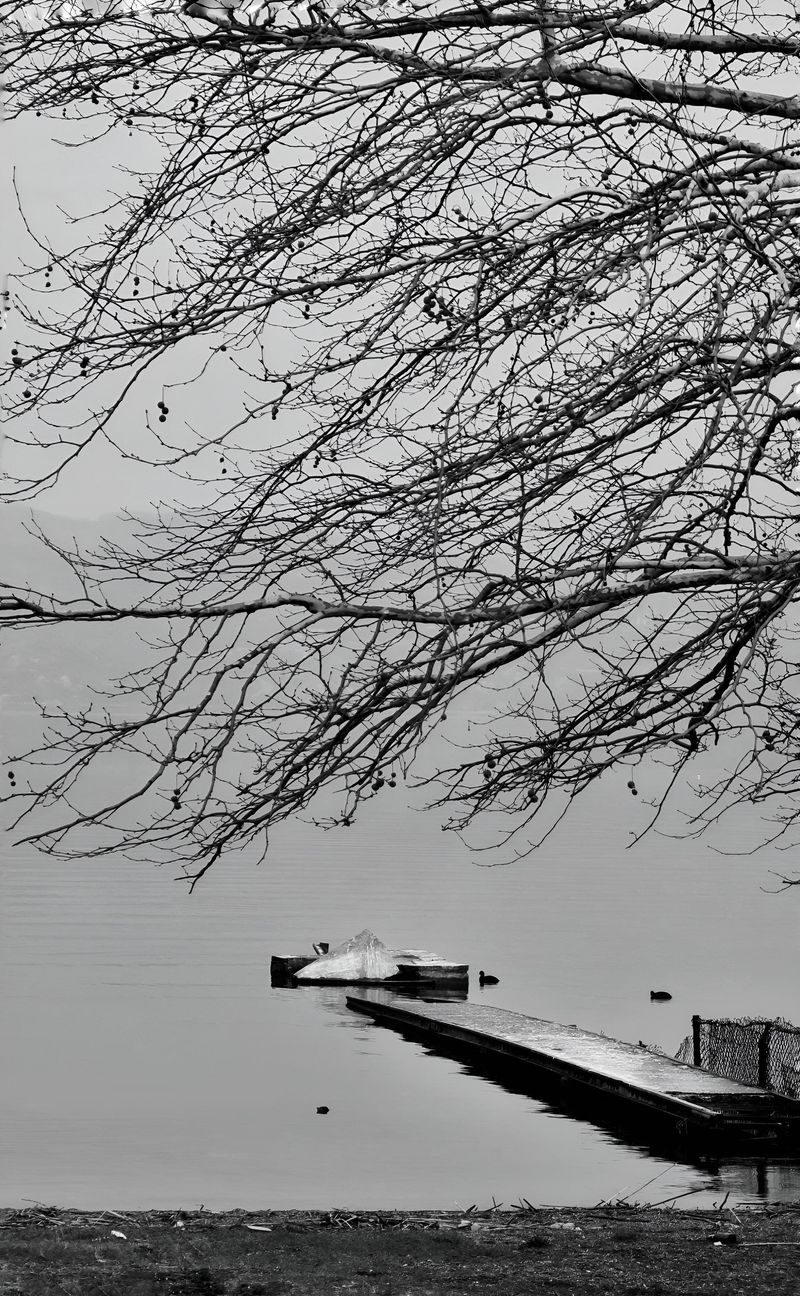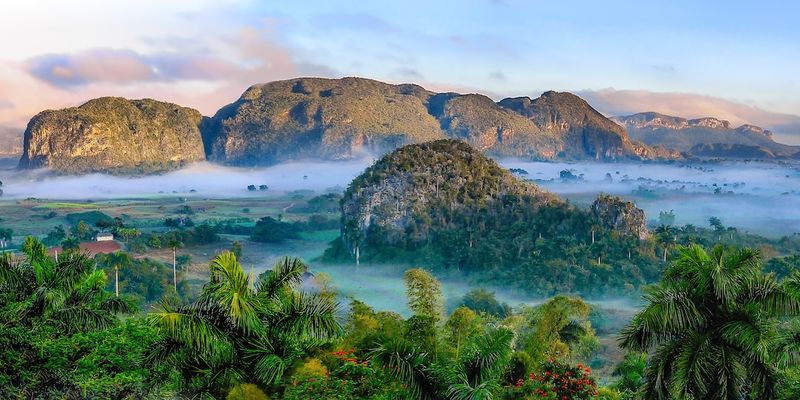Giant African Land Snail Detected in Broward County: Health Risk and Quarantine
Introduction
Invasive species continue to pose a threat to Florida’s ecosystems and public health. The recent detection of a giant African land snail in Broward County has prompted the establishment of a quarantine in the Miramar area. This snail species is known to carry a parasite called the rat lungworm, which can cause meningitis in humans. In addition to the health risks, these snails have also caused significant damage to Florida’s agriculture in the past. This latest detection raises concerns about the effectiveness of previous eradication efforts and the need for stronger measures to prevent the spread of invasive species.
Health Risks and Eradication Efforts
The giant African land snail is not only a threat to Florida’s agriculture but also to human health. The snails can carry the rat lungworm parasite, which is responsible for causing meningitis in humans. Meningitis is a serious infection that affects the membranes surrounding the brain and spinal cord. It can lead to symptoms such as severe headache, fever, stiff neck, and neurological complications. The presence of this parasite in the snails highlights the potential for disease transmission and underscores the need for immediate action.
Florida has had previous encounters with the giant African land snail, and eradication efforts have been implemented twice before. However, the fact that the snails have been detected again raises questions about the effectiveness of those efforts. It is crucial to evaluate and learn from past eradication attempts to develop more robust strategies and prevent future infestations.
The Importance of Quarantine
To prevent the further spread of the giant African land snail, a quarantine has been established in the affected area of Broward County. The quarantine prohibits the movement of the snails as well as plants, soil, compost, or yard waste in or out of the area without state approval. This measure aims to contain the snails and prevent them from reaching other regions of Florida, potentially causing widespread damage and posing a threat to human health.
Eradication Methods: The Use of Molluscicide
To combat the invasive snail population, the state is employing a molluscicide called metaldehyde. This snail bait disrupts the mucus production ability of the snails, reducing their digestion and mobility. As a result, the snails become dehydrated and eventually die. This method has proven effective in previous eradication attempts and offers hope in controlling the current infestation.
It is important to note that the use of molluscicide should be carefully managed to minimize any negative effects on the environment and non-target species. The safe and responsible application of such chemicals is crucial to strike a balance between eradication and environmental conservation.
Sea Snail Discovery Raises Concerns
Coinciding with the giant African land snail discovery, Florida Atlantic University has announced the detection of a non-indigenous sea snail, Naria turdus, in the Lake Worth Lagoon. This sea snail, native to the Indian Ocean and Red Sea, was likely transported as a “stowaway” on a cargo ship at the Port of Palm Beach. The introduction of this sea snail raises questions about its ability to expand its range and establish a foothold in Florida’s coastal waterways.
The successful establishment of non-indigenous species in new environments is a complex issue with significant ecological implications. Understanding the factors that make certain species successful in invading new habitats is crucial for effective management and prevention of further invasions. The case of Naria turdus highlights the need for increased vigilance and stricter regulations to prevent the introduction of potentially harmful species.
Editorial: Strengthening Invasive Species Prevention
Assessing Past Strategies and Learning from Mistakes
The repeated detection of the giant African land snail calls into question the effectiveness of previous eradication efforts. It is imperative that authorities thoroughly assess these strategies and understand the reasons why eradication has not been successful in preventing reinfestation. This evaluation should involve scientific experts, community input, and a comprehensive analysis of the factors contributing to the snails’ persistence.
Investing in Early Detection and Rapid Response
To prevent future invasive species incursions, it is crucial to invest in early detection and rapid response systems. Proactive monitoring and surveillance can help identify and control potential threats before they become established. By combining cutting-edge technology, data analysis, and community involvement, authorities can develop more effective and targeted strategies for invasive species management.
Strengthening Regulations and Compliance
The case of the giant African land snail and the non-indigenous sea snail highlight the need for stricter regulations and enhanced compliance measures. Inspection protocols must be reinforced at ports of entry to prevent the accidental transport of invasive species. Additionally, public education campaigns can raise awareness of the risks associated with non-native species and encourage responsible actions to prevent their introduction and spread.
Conclusion
The detection of the giant African land snail in Broward County serves as a reminder of the ongoing threat posed by invasive species to Florida’s ecosystems and public health. Prompt and effective action is necessary to prevent further spread and mitigate the risks associated with these species. By learning from past mistakes, strengthening prevention strategies, and engaging in collaborative efforts, Florida can better protect its natural resources and the well-being of its residents. Vigilance and proactive measures are essential in combating the challenges posed by invasive species in the future.

<< photo by M e r v e >>
The image is for illustrative purposes only and does not depict the actual situation.




